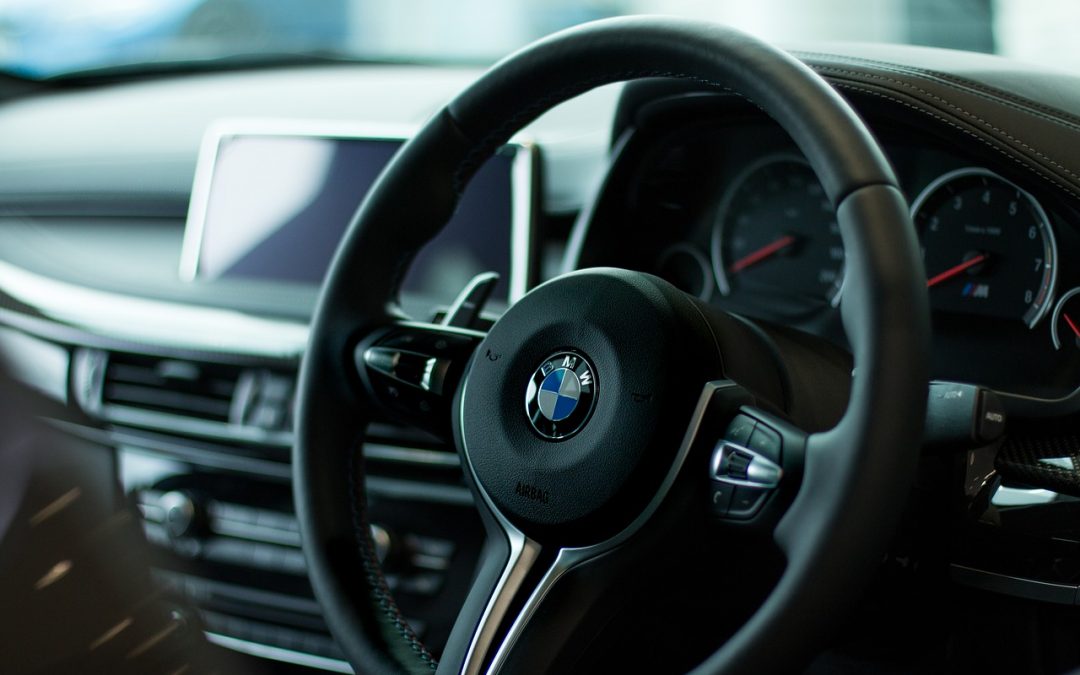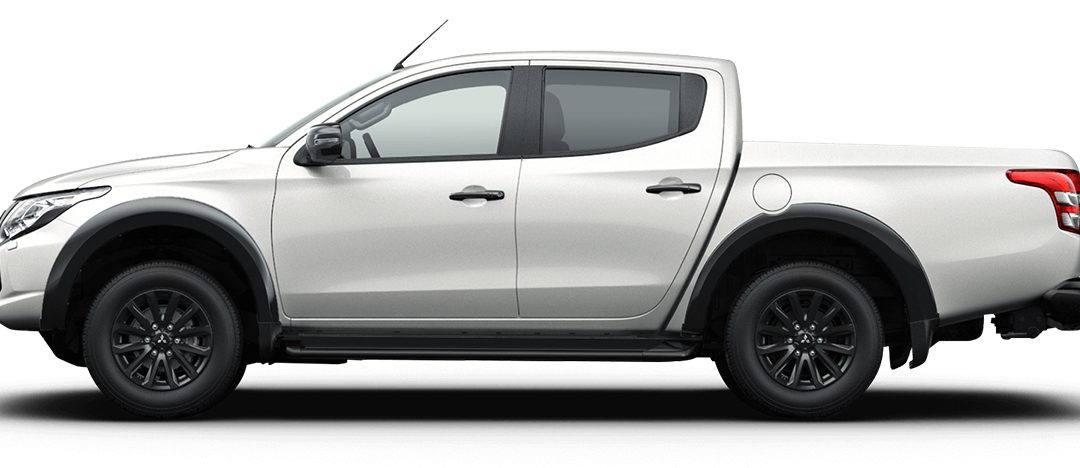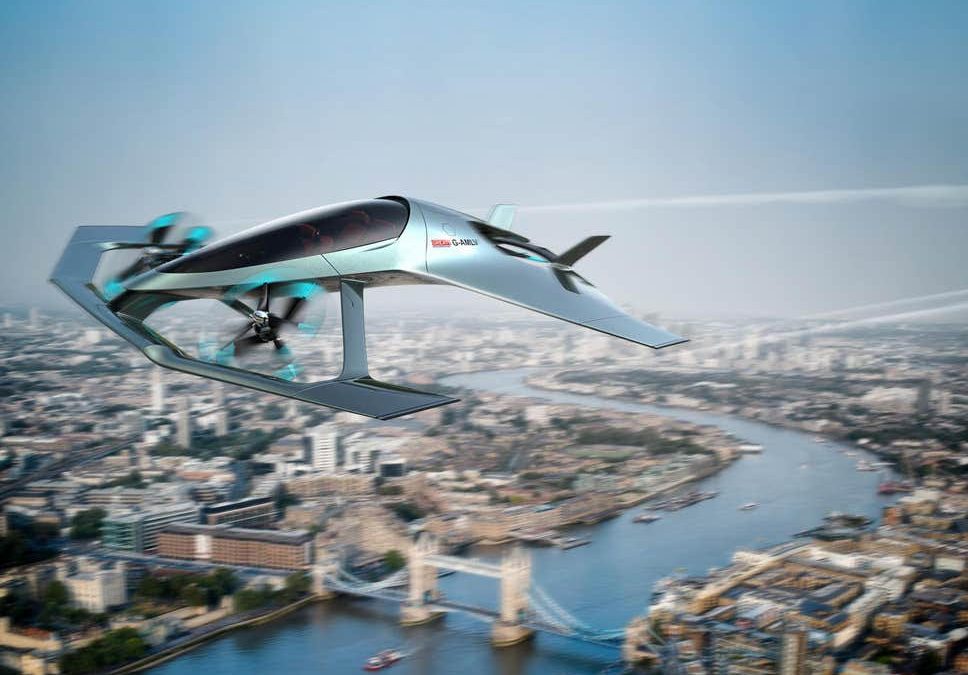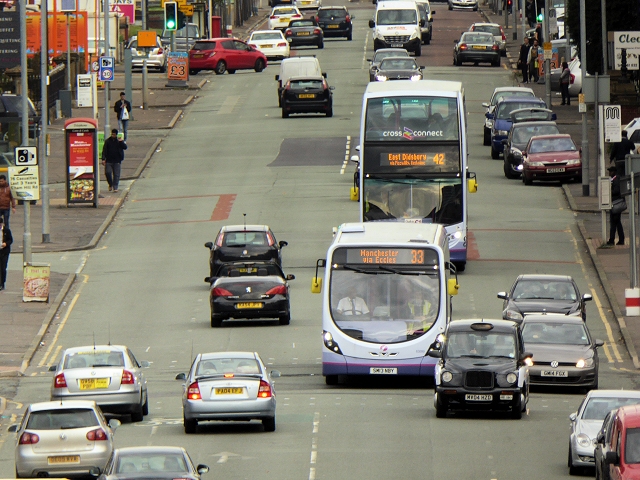
Report into The Reasons For At-Work Drivers Speeding Offences
Report into The Reasons For At-Work Drivers Speeding Offences
Why At-Work Drivers Are Caught Speeding – And Why the Results Might Surprise You.
A new survey by RED Corporate Driver Training has revealed the most common reasons why at-work drivers end up speeding – but the reasons might not be as straight-forward as you think.
According to RED’s head of corporate, Greg Ford, the main issue isn’t deliberate rule-breaking – or even a disregard for the laws. It’s confusion.
Ford explained;
“In most cases, drivers are speeding on a regular basis simply because they don’t know the limit, haven’t understood how fast they should be going, or don’t know the limit for their particular vehicle,”
That lack of awareness is showing up in the numbers.
Research from Co-Op Insurance found that speeding penalties rose by 12% last year, with almost 10 million points issued to UK drivers.
For anyone driving as part of their job, the risks are huge – not just fines and points, but the potential loss of a licence, employment and income.
In severe cases, it can even bring prosecution to the employers.
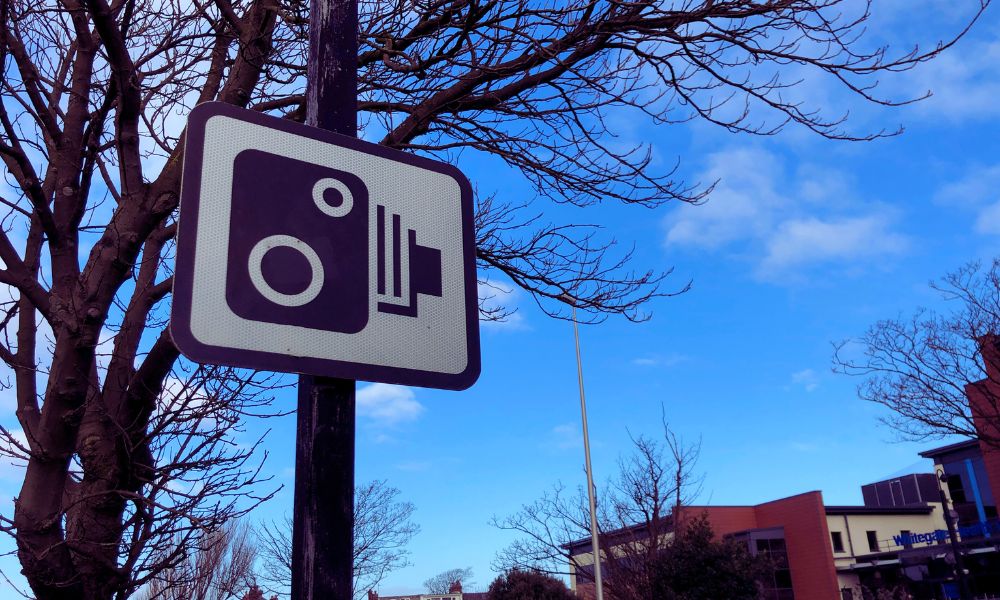
So, what’s going wrong?
Driver trainers say it often comes down to a mix of distraction, misunderstanding and poor vehicle knowledge.
Many people simply aren’t sure what speed applies to the road they’re on, or they drift over the limit because their attention slips.
Others don’t realise that some vans and pickups have lower limits than cars – for example, if the unladen weight is over 2,040kg, the maximum is 50mph on a single carriageway and 60mph on a dual.
It’s easy to see how these mistakes happen, especially for drivers switching between vehicles.
Variable speed limits on smart motorways are another common trap.
Many drivers miss a change in signage or assume the limit has gone back up when it hasn’t.
Even with modern tech like speed limiters and cruise control, plenty of drivers either don’t use them or don’t understand how they can help.
It’s not until they’ve had some hands-on coaching of how to use of such features that usage then tends to rise, and speeding drops noticeably.
Encouragingly, cases of deliberate speeding are now less common.
The increase in cameras and roadside enforcement has made most people think twice.
The bigger problem, Ford says, is the number of drivers who are genuinely shocked to learn they’ve been speeding without realising it.
RED believes regular driver education and simple reminders can make a real difference – improving safety, cutting costs and protecting livelihoods.
And for businesses, that can be time and money well spent…

